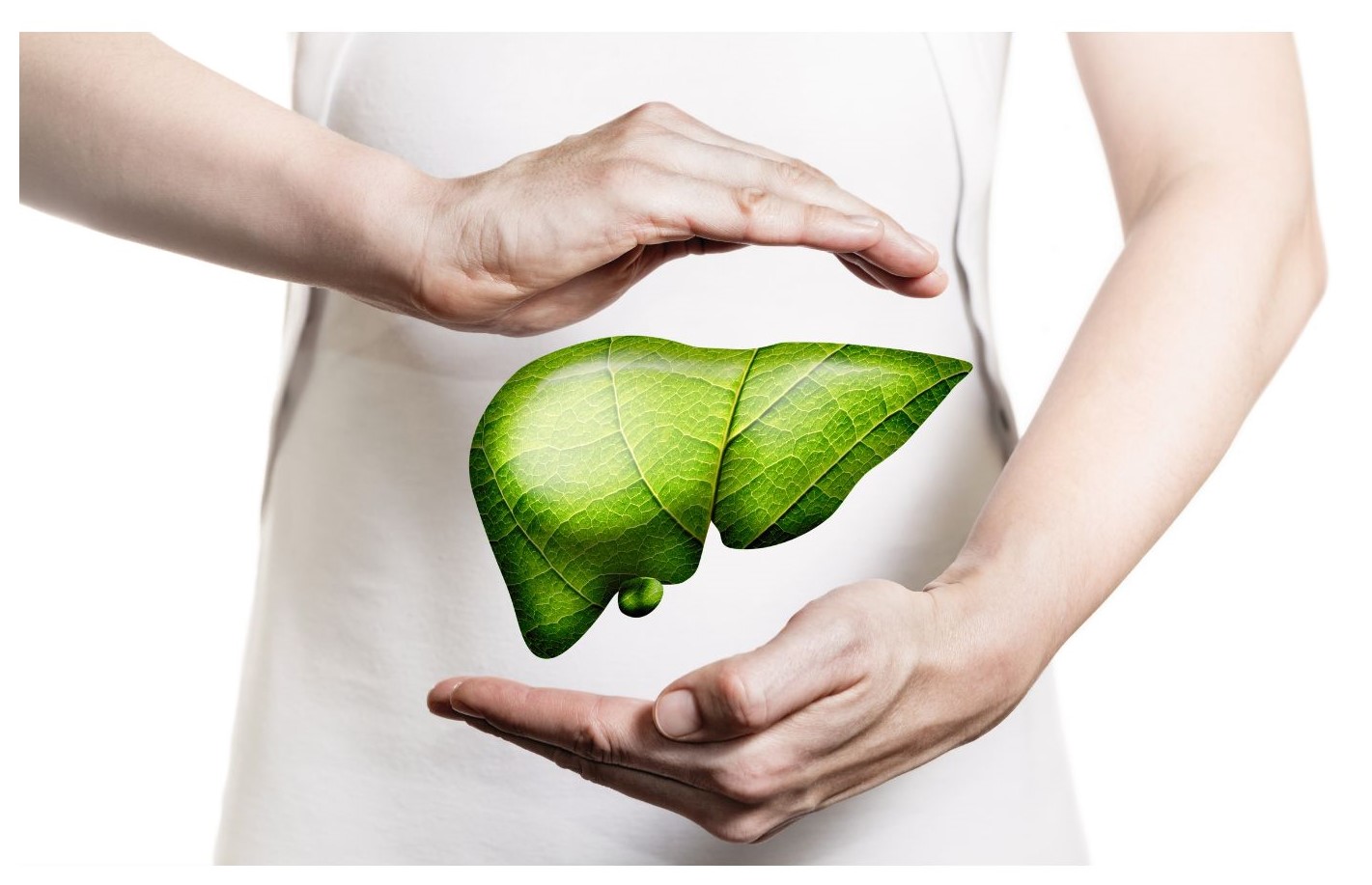In your 40s, it can feel like you’re staring down the barrel of incoming hormone chaos without a single thread of real support. Amidst the mood swings, sleepless nights, and an ever-growing list of symptoms, it’s easy to feel lost and alone. But I’m here to reassure you, there is a better way forward with holistic medicine.
This guide will explain to you what your hormones are really doing in your 40s, and most importantly, how you can regain control over the way you think & feel again. By understanding your body chemistry, embracing your natural hormone shifts, and learning a few basics from Eastern medicine, you can reclaim your hormonal balance and thrive in your 40s and beyond.
For more on how to step into this decade feeling like your most powerful and passionate self, learn more about my holistic collective, The Circle.
Decoding Key Hormones in Your 40s
Hormones are the body’s chemical messengers, playing a crucial role in regulating various functions. During your 40s, perimenopause is likely on the horizon and several key hormones undergo significant changes. This section will decode these hormonal shifts and their impact on your health.
Cortisol
Most women are familiar with cortisol as the body’s stress hormones. Elevated cortisol levels can lead to weight gain, mood swings, and sleep disturbances. Adrenal fatigue, sometimes called cortisol dysfunction, is also a common issue during perimenopause (1).
To keep cortisol levels under control, it’s essential to prioritize stress management techniques such as meditation, deep breathing, and exercise. Additionally, incorporating adaptogenic herbs like ashwagandha and holy basil into your diet can help bring balance to your stress response.
Read: Adrenal Fatigue vs. Perimenopause: Balancing Stress Hormones for Symptom Relief
Estrogen

Estrogen is the primary female hormone and plays a significant role during reproductive years. In your 40s, estrogen levels may start to decrease—though usually not in a steady, linear fashion—which can make you feel like you’re on a rollercoaster of hormonal symptoms. Declining estrogen leads to symptoms like hot flashes, night sweats, and vaginal dryness.
One way to support estrogen levels naturally is by consuming phytoestrogen-rich foods such as soy, flaxseed, and sesame seeds. These plant-based estrogens can help alleviate some perimenopause symptoms (2).
Progesterone
Progesterone is often the first hormone to begin to decline in your early 40s–a sign that perimenopause is on the horizon. Lower levels lead to irregular periods or skipped periods altogether. Progesterone works in tandem with estrogen to regulate the menstrual cycle, but it also plays a primary role in regulating your mood and sleep. So, if you’re nearing this natural hormone shift and feeling more anxious and more tired than usual, lower progesterone levels may be to blame.
Even though a decline in progesterone is inevitable, you can still support your body during this time with proper nutrition. Incorporating foods rich in zinc, magnesium, and vitamin B6—like pumpkin seeds, leafy greens, and salmon—can help balance progesterone levels.
Insulin
Insulin is perhaps the most influential hormone that you truly have the most control over during perimenopause—and yet it’s the most overlooked. Because insulin resistance often increases with age, your body struggles to manage blood sugar levels. And out of control blood sugar wreaks havoc on almost all other hormones as it ramps up inflammation and accelerates aging (3).
A diet low in refined sugars and high in fiber can improve insulin sensitivity and stabilize your energy levels. Staying active, and making a point to maintain your lean muscle is also key to protect insulin sensitivity.
Related: Lose Weight without Ozempic: Balancing Blood Sugar
The Holistic Medicine Approach
Holistic medicine takes a comprehensive view of health, focusing on the interconnectedness of the body, mind, and spirit. This approach is particularly beneficial for managing hormonal wellness in women.
A nutrient-dense diet is fundamental to hormonal balance. Incorporate a variety of fruits, vegetables, lean proteins, and healthy fats. Omega-3 fatty acids found in fish like salmon and chia seeds can reduce inflammation and support hormone production (4).
Regular physical activity is vital for maintaining hormonal balance. Aim for a mix of cardio, strength training, and flexibility exercises. Activities like yoga and Pilates can also enhance mental well-being and reduce stress levels.
Chronic stress can wreak havoc on your hormonal balance (5). Practices such as meditation, deep breathing, and journaling can help manage stress effectively. Even a daily walk in nature can serve as a powerful stress reliever.
Eastern Healing Traditions
Eastern medicine offers a treasure trove of practices that can complement Western approaches. These traditions focus on restoring balance and harmony within the body.
The Gut-Liver Connection

The liver plays a supporting role in helping to break down dietary fat, absorb vitamins & minerals, and regulate hormones. On top of that, it plays a big role in the regulation of blood glucose, insulin levels, and cholesterol. Traditional Chinese medicine recognizes the importance of liver health and its pivotal role in balancing hormones, removing toxins, and even storing toxic emotions.
Because of all its activity, the liver can become overburdened and that’s when we notice stagnation in both the gut and the liver (6). A strained liver can worsen hormonal imbalance symptoms no matter your age, but it’s especially common in your 40s.
Read: Common Hormone Problems That Begin in Your Gut
Herbal Medicine
Herbal remedies like black cohosh, red clover, and dong quai have been used for centuries to alleviate menopausal symptoms (7). Some of these plants contain phytoestrogens, which act as a weaker, beneficial type of estrogen in the body and can provide relief from hot flashes, mood swings, and sleep disturbances.
Other herbs support detox, reduce inflammation, or balance hormones in other ways.
Ayurveda
Ayurveda, the ancient Indian system of medicine, emphasizes the balance of mind, body, and spirit. Ayurvedic practices like oil pulling, tongue scraping, and consuming warming spices can support hormonal health.
Ayurvedic teachings also help you identify and understand your dosha, or unique constitution, which can guide you in making lifestyle choices and dietary changes that support your individual hormonal balance.
Try: The Ayurvedic Daily Hormone Balance Routine
Practical Tips for Hormonal Relief During Perimenopause
Achieving hormonal balance requires a multi-faceted approach. Here are some actionable tips to help you on your journey.
Dietary Recommendations
Eating a balanced diet rich in whole foods is crucial. Here are my top hormone-balancing foods:
- Leafy greens
- Healthy fats from nuts & seeds, avocados, olive oil, and butter or ghee
- Lean proteins
- Fruits & vegetables rich in antioxidants like bell peppers, melons, and citrus
Avoid processed foods and excessive caffeine, which can disrupt hormonal balance.
WATCH: How to Balance Hormones with Food
Lifestyle Changes
Simple lifestyle changes can make a big difference. In your 40s, there’s a lot going on that demands your attention—from career and family, to social obligations and self-care.
It’s easy to put your needs on the back burner during these years, but your future self will reap the rewards if you make a point to schedule time for yourself and stick to your boundaries for sleep & mental wellbeing. Prioritize sleep, aim for at least 7-8 hours per night. Stay hydrated and incorporate relaxation techniques into your daily routine. Limit alcohol intake and stress, as both can exacerbate hormonal imbalances.
Hormone Replacement Therapy
The right hormone replacement therapy (HRT) can be a game-changer for many women, but it’s important to approach it with a well-rounded understanding.
There is not a one-size-fits-all approach to HRT, and I recommend working with a doctor who has experience and training in this area. Consider the risks and benefits before making a decision, and always strive for the lowest dose that provides relief. HRT should be used as part of a holistic approach that also includes nutritional support, lifestyle changes, and stress management techniques.
There are many myths surrounding HRT. For example, some believe that HRT causes cancer. However, recent studies suggest that when appropriately administered, bio-identical HRT does not significantly increase cancer risk (8).
I go into depth about bio-identical HRT in my latest book, The Hormone Shift.
What to Remember
Navigating hormonal changes in your 40s and beyond can be challenging, but with the right knowledge and tools, it’s entirely manageable. By understanding the shifts in key hormones and adopting a holistic approach, you can maintain balance and well-being. Whether you choose to explore Eastern healing traditions or consider bio-identical HRT, the key is to find what works best for you.
Remember, you don’t have to go through this alone. Seeking professional guidance can provide you with personalized advice tailored to your unique needs. By integrating these strategies into your life, you can transform your experience and thrive in this new chapter. Here’s to a balanced, vibrant life in your 40s and beyond!


